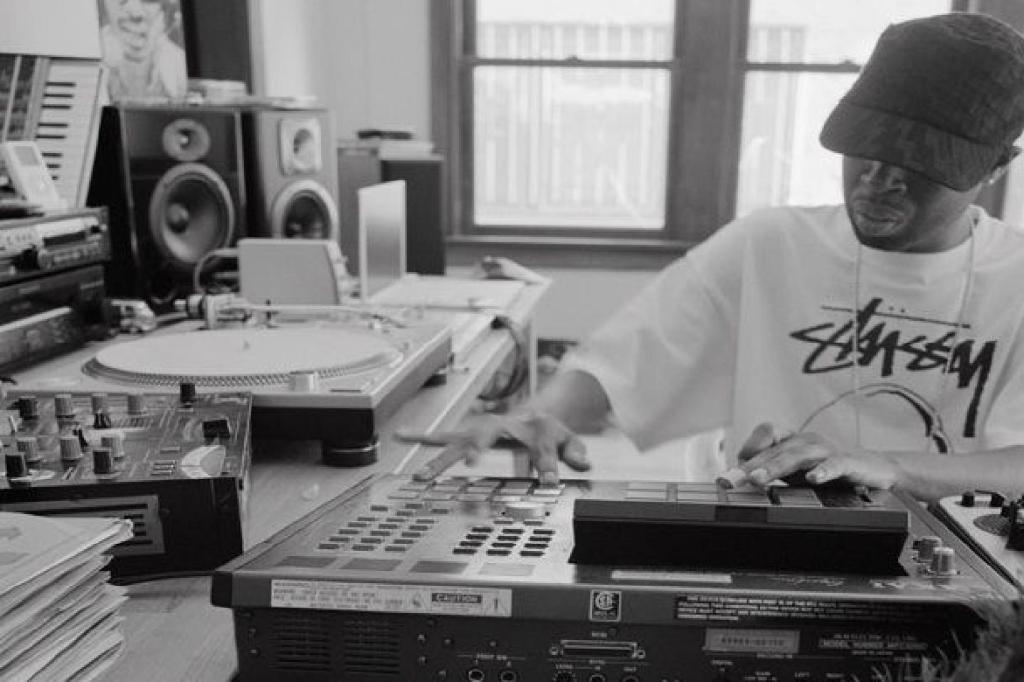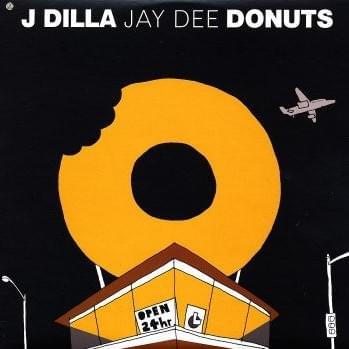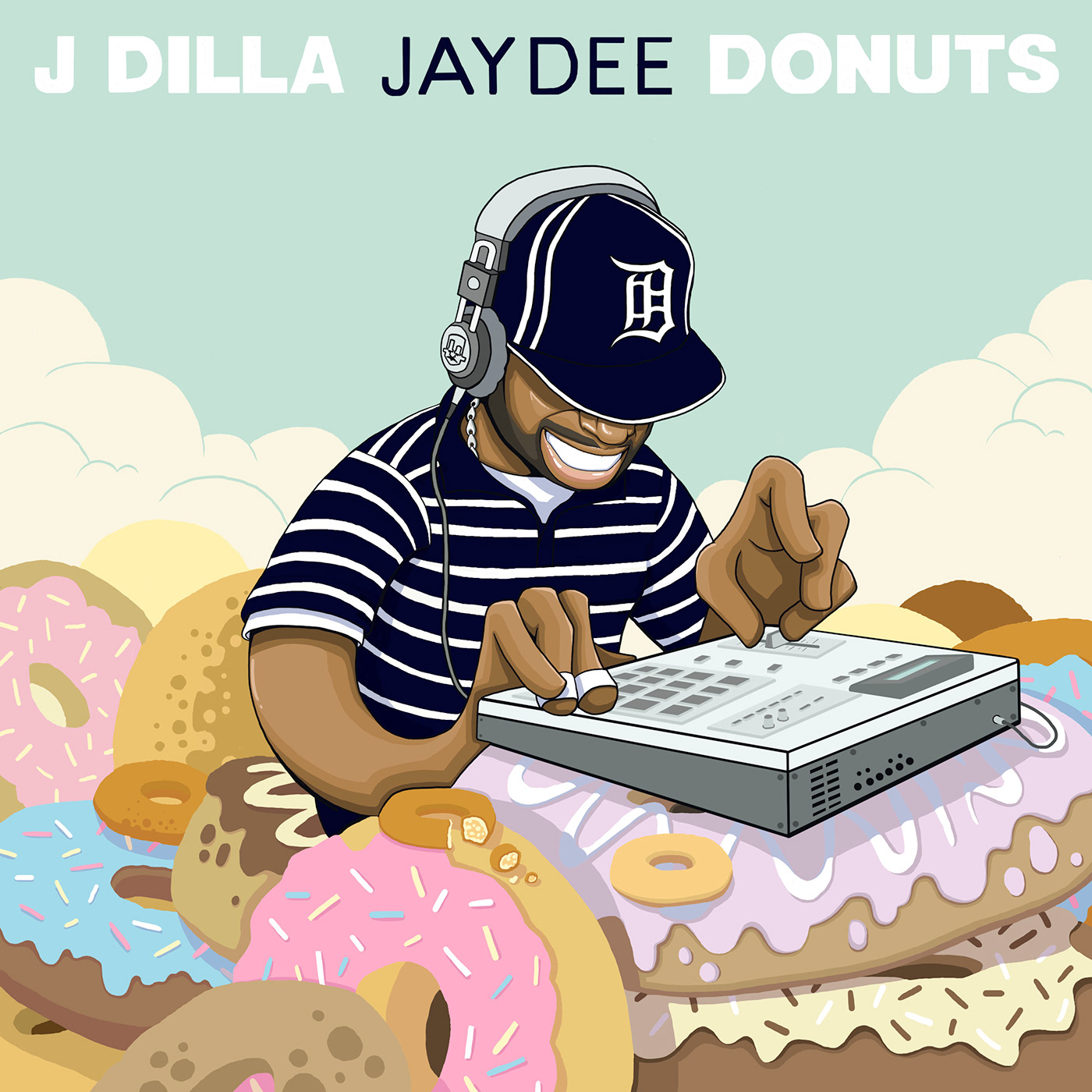
“Donuts”
J Dilla was an underground legend. Undoubtedly the mind behind the sonic talent of the Soulquarians, his approach to hip-hop production was like no other. He has solidified himself as a core component and influence on some legacies, including Common, A Tribe Called Quest, and The Pharcyde. It seemed like his fantastic run was only getting better.
Unfortunately, with the news he suffered from TTP and lupus, it was possible his time was up. Donuts was his final cry out to the music world, and an overall reflection on his life.

“Workinonit”
Family and close affiliates have stated that Dilla’s work ethic during this album’s creation was otherworldly. Even among his immense struggle with his disease, he made an effort to frequently dig, sample, and dedicate himself to the art. This is the drive of a true artist.
It reflects in the content, too. He made a genuine effort to maximize his ability, tapping into the various talents and styles that made him so unique. The flipping, drumwork, and beat structure on here is unlike any other body of work in the genre. Off pure sampling ability, J Dilla very well may be the best producer of all-time; nobody was able to slice and piece together sounds in such an indistinguishable, yet seamless manner.

“Waves”
Instrumental hip-hop was a sub-genre primarily popularized by Endtroducing….. a decade prior, but Donuts revitalized the scene with an alternative approach. Dilla has been credited with pioneering lo-fi hip-hop, and as a result, many modern hip-hop instrumentals clearly derive from his techniques. Tracks such as “Waves” are designed to be satisfying, and others pump up the serenity with subtle waves of spacey sampling (“Dilla Says Go”); both of which are often employed in modern beats.
This album also heavily encouraged diversity within instrumentals, favoring a large amount of short, varied tracks as opposed to bulky yet seamless ones. This has had a clear influence on many instrumental hip-hop legends, from Madlib to Cookin Soul.
This not only speaks volumes for Dilla’s presence as a producer, but also his ability to translate such into his work. Donuts was still an attempt at artistic growth from him, despite awareness of his time nearly being up; with this acknowledged, it’s ultimately quite admiring to see somebody so devoted to cementing a legacy for future musicians to thrive off of.

“The Donut of the Heart”
So what makes Donuts stand out among its instrumental peers?
Simply put, it’s the heart. Earlier instrumental classics aimed for atmosphere; The Avalanches’ Since I Left You was a nebula of bliss and color, and Pete Rock’s Petestrumentals aimed to translate his chilled out beats to a soothing body of work. However, Donuts is nothing similar. The album is a celebration of life.
Each track corresponds with a year in Dilla’s life, and his ability to convey such a story without words is spectacular. For example, “Stop” – track 6 – can be interpreted two ways. It could be seen as a young Dilla (6 years old) learning to not make rash decisions, or a modern Dilla providing advice on understanding the legacy you can leave behind.
This consistent stream of optimism and maturity is something that makes this record as heartwarming as it is heartbreaking. It is incredibly bittersweet, but holds the gems we needed from one of hip-hop’s greatest.


“Welcome to the Show”
After everything this album packs in, however, it ends just as it started. It shows that life and spirit are something Dilla viewed as everlasting and infinite, giving an entirely new meaning to the name.
This leaves the album on an uplifting note, ensuring us that Dilla embraced death peacefully. Donuts was his anchor to happiness and vitality in his final days, and it’s a stellar career end that will remind us to never forget the sheer brilliance of this legend.
Rest in power, and thank you, Jay Dee.

